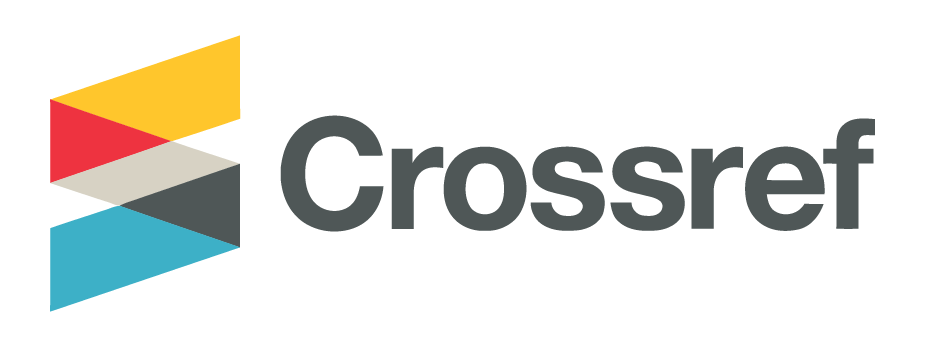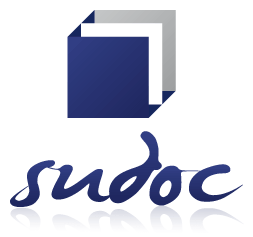The Hermeneutic View of Transparency Against Major Bottlenecks of Corruption in Iran's Legal System
DOI:
https://doi.org/10.63053/ijrel.18Keywords:
transparency, corruption bottlenecks, administrative corruption, financial corruption, anti-corruptionAbstract
In today's world, due to the multiple channels of communication and the existence of numerous governmental and non-governmental organisations and institutions, sometimes by avoiding the law or taking advantage of the loopholes and shortcomings of the laws and regulations, communication is used to achieve illegitimate and illegal goals and in line with They are used to gain personal benefit (sometimes against public benefit) and ultimately to spread corruption; It is in this direction that investigating the said channels and major bottlenecks of corruption is of the first importance.
Transparency is one of the main foundations of democratic and anti-corruption governance, including the political rights of citizens in modern policy-making, which results in the free circulation of information in the economic, social, political and cultural fields. Creating transparency in the executive and government bodies is also one of the most important and basic solutions that can be used to prevent and fight corruption. Considering that the lack of transparency in the administrative institutions weakens public participation and hinders the realization of people's sovereignty and the occurrence of complex and large-scale financial corruption and as a result imposes unfavourable economic conditions and social problems on the citizens, the issue of war Arranging transparency against the major bottlenecks of corruption through the channel of library studies and the use of qualitative data and the description and criticism and interpretation of laws and regulations and the analysis of the major bottlenecks of corruption is the opinion of the authors of this research.
References
Katouzian, Nasser, (2013), Basics of Public Law, second edition, Mizan Publishing.
Qazi Shariat Panahi, Sayyedaboulfazl, (2013), Constitutional Rights and Political Institutions, 13th edition, Mizan Publishing House.
Moradi, Sadegh, (2018), Government against the nation, first edition, Adliya Legal Publications.
Javid, Mohammad Javad, Shah-Moradi, Esmat, (2014), media's commitment to judicial transparency, Public Law Research Quarterly, No. 47.
The Constitution of the Islamic Republic of Iran.
Gholamzadeh, Dariush, Abbasi, Mohammad, Ahmadi Rad, Mehrdad, (1401), administrative corruption and its bottlenecks in the organizational and management structure studied by scientific and academic centres.
Naseri, Nahid, Salimi, Sadegh, Shambiati, Houshang, The role of anti-corruption non-governmental organizations in preventing corruption in Iran, Journal of Criminal Law and Criminology Research, (1400), number 17.
Sheikh al-Islami, Seyyed Mohsen, Gohari Pourfard, Farnoosh, an analysis of political, social and economic transparency in the Islamic Republic of Iran and the United States, 2013.
Melai, Yasser, Iranian, and Amir, review proactive and reactive measures related to corruption in domestic laws.
Cheraghi, Zahra, identification and prevention of financial corruption in executive bodies.
Sharifzadeh, Fattah, analysis of the effects of the implementation of the chapter on the rights and benefits of the civil service management law on the job satisfaction of employees of public organizations in Iran.
Rostami, Mohammad Hossein, a legal critique on the Law of State Service Management and Coordinated Payment System, 2015.
Clarity and Accountability in Official Institutions, Majlis and Research Quarterly, Year 9, Number 36, 2018.
The Universal Declaration of Human Rights.
Legislative System Votes Transparency Plan, Expert Reports (Islamic Parliament Research Center, Azar, 1998).
The transparency plan of the three powers, executive bodies and other institutions (reproduced from the Guardian Council), Islamic Parliament Research Center, March 1401.
Salatin, Parvaneh, Ghafari Soumeh, Niloufer, The effect of corruption on the budget deficit, Financial and Economic Policy Quarterly, Year 4, Number 14, Summer, 2015.
Hadipour, Maryam, Abdulrahmanian, Mohammad Hossein, The roots and consequences of financial corruption, strategies to prevent and combat it, 12 Shahrivar, 1400.
Downloads
Published
How to Cite
Issue
Section
License
Copyright (c) 2024 International Journal of Advanced Research in Humanities and Law

This work is licensed under a Creative Commons Attribution 4.0 International License.













